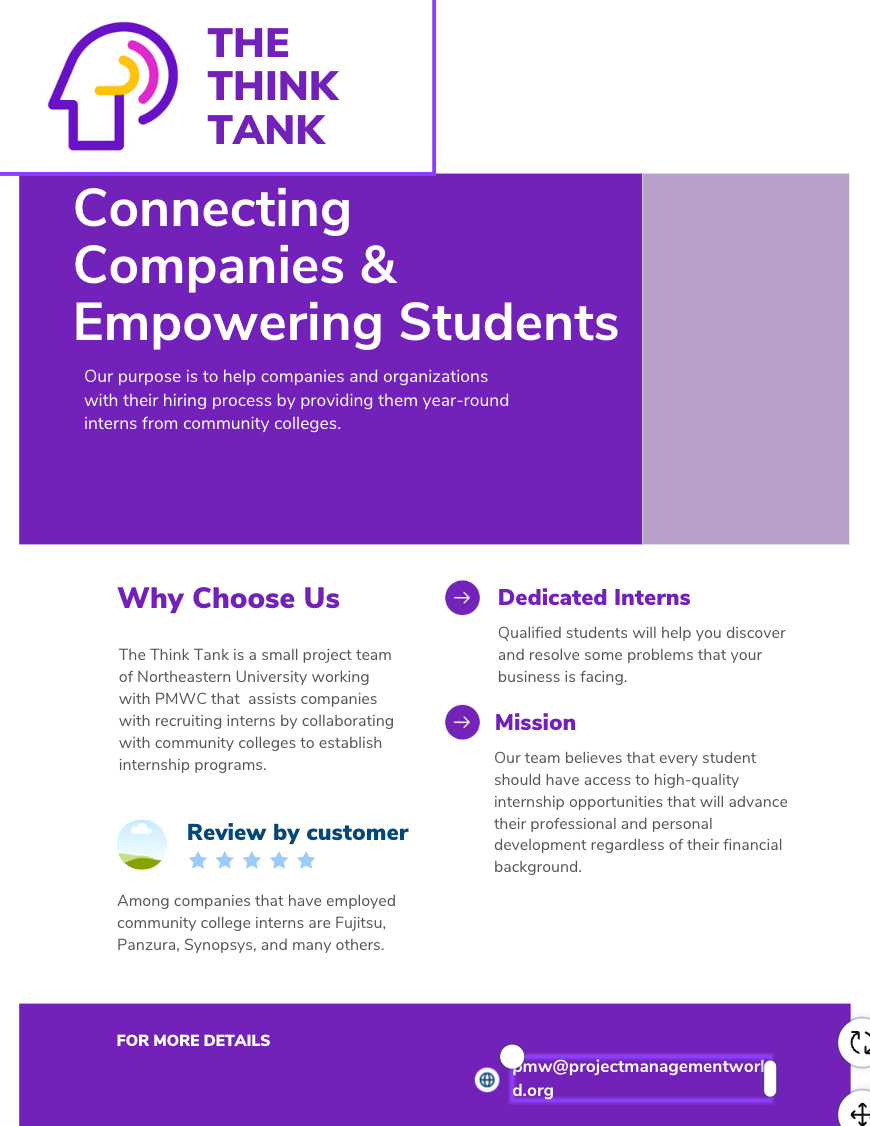Provides basic project management knowledge and skill that can be used in careers, volunteer work, home life, leisure activities, and more.
The Self-Study course requires about 14 hours of your time and it is open forever.
Everyone manages projects throughout their lives. Learning to identify the purpose of a project, to consider various ways of achieving that purpose and choose the best one, to establish measures of success and set goals for these, to organize, schedule, and budget the work, and to implement the project will bring greater success easier and faster.
Scope of the Course
Included in this course are the basics of projects: purpose, products, people, plans, and progress. The skills developed are focused on projects involving a few people and managed by a person who is not a professional project manager. Typically that person has another job, usually as one of the key producers on the project team. He or she needs to work with the team and the project’s sponsors plan and implement the project. The project manager needs to balance the time spent on project management with time spent producing outputs for the project.
In a sense, this course is designed for Accidental Project Managers.
Professional project managers can also benefit from this course and they will also need more advanced training. Two Example Projects followed throughout the Course
Participants apply the 7 steps to a marketing project and a group vacation. Most assignments relate to one of these projects.
Module 0 – Seven Basic Questions for All Projects
Module 1 – Project Purpose: WHY do this project?
Module 2 – Project Scope: WHAT is the output of this project?
Module 3 – Project Methodology: HOW will the output be produced?
Module 4 – Project Staffing: WHO will produce the output?
Module 5 – Project Scheduling: WHEN will the output be produced?
Module 6 – Project Quality: HOW GOOD will the output be?
Module 7 – Project Budget/Resources: HOW MUCH will it cost to produce this output?
Module 8 – Communications
Module 9 – The Triple Constraint and a Way to Defeat It – Productivity
Module 10 – Project Management Tools
Module 11 – Project Management Skills for Career Success
To register for the self-study version, go to







